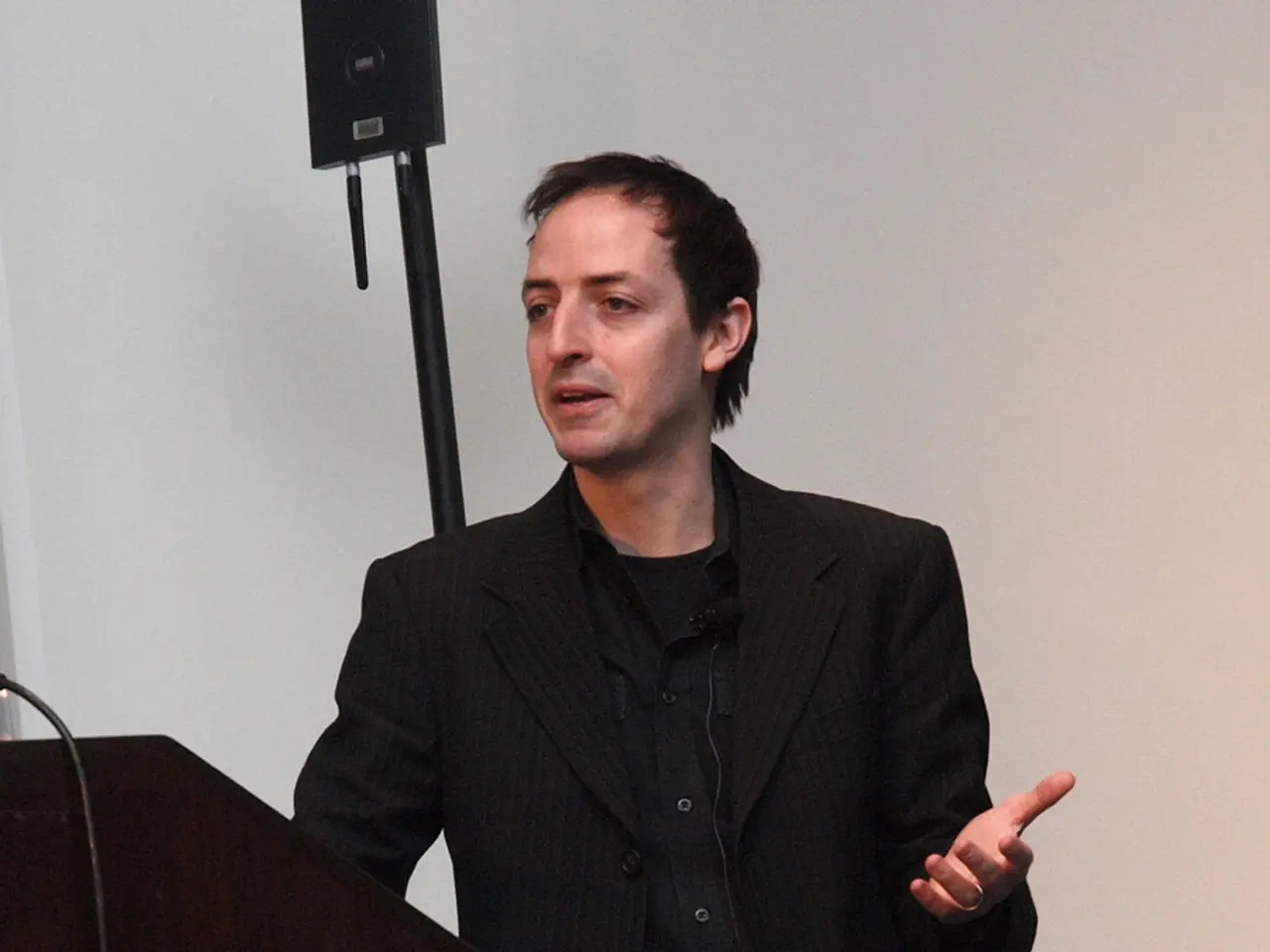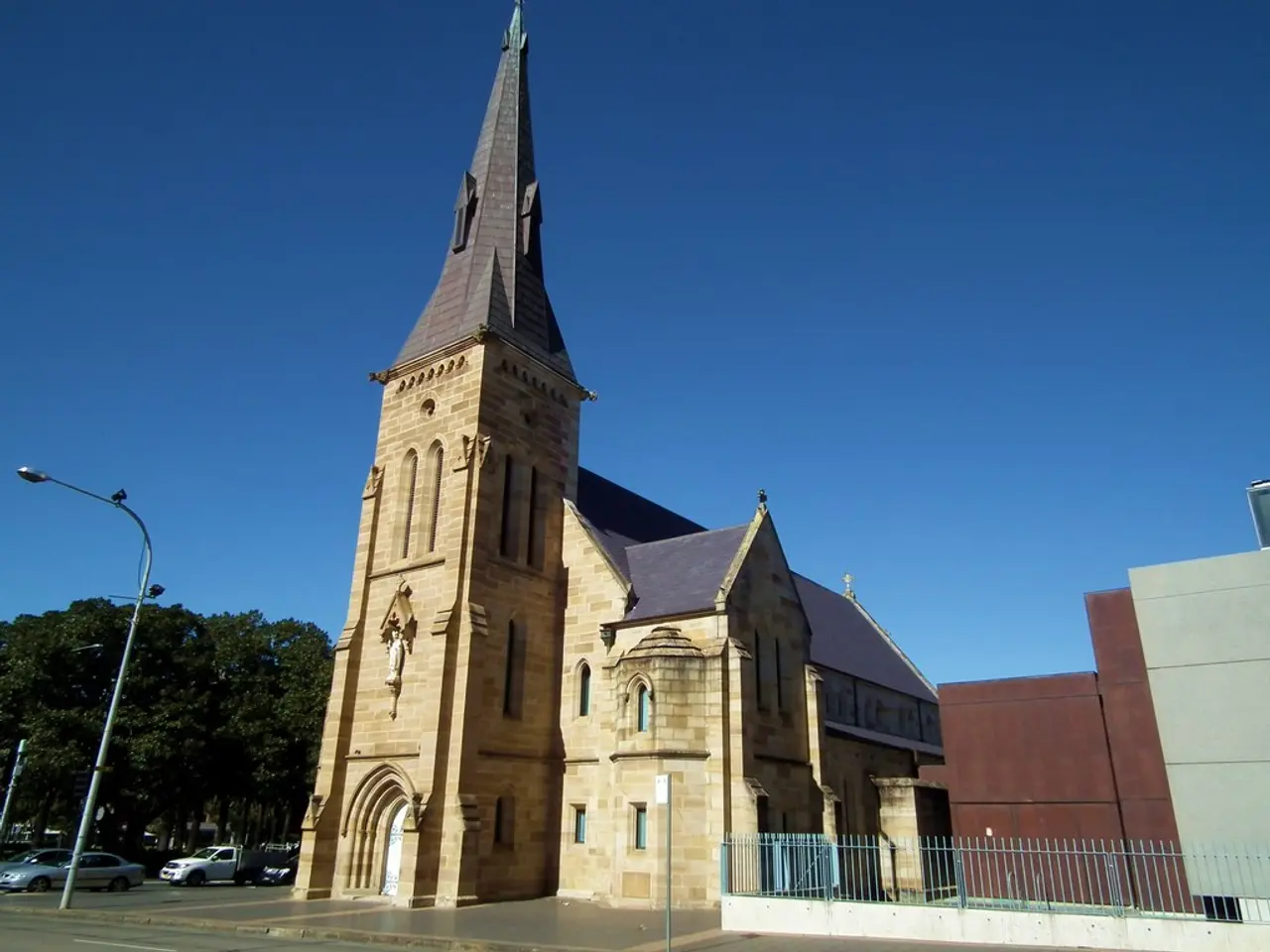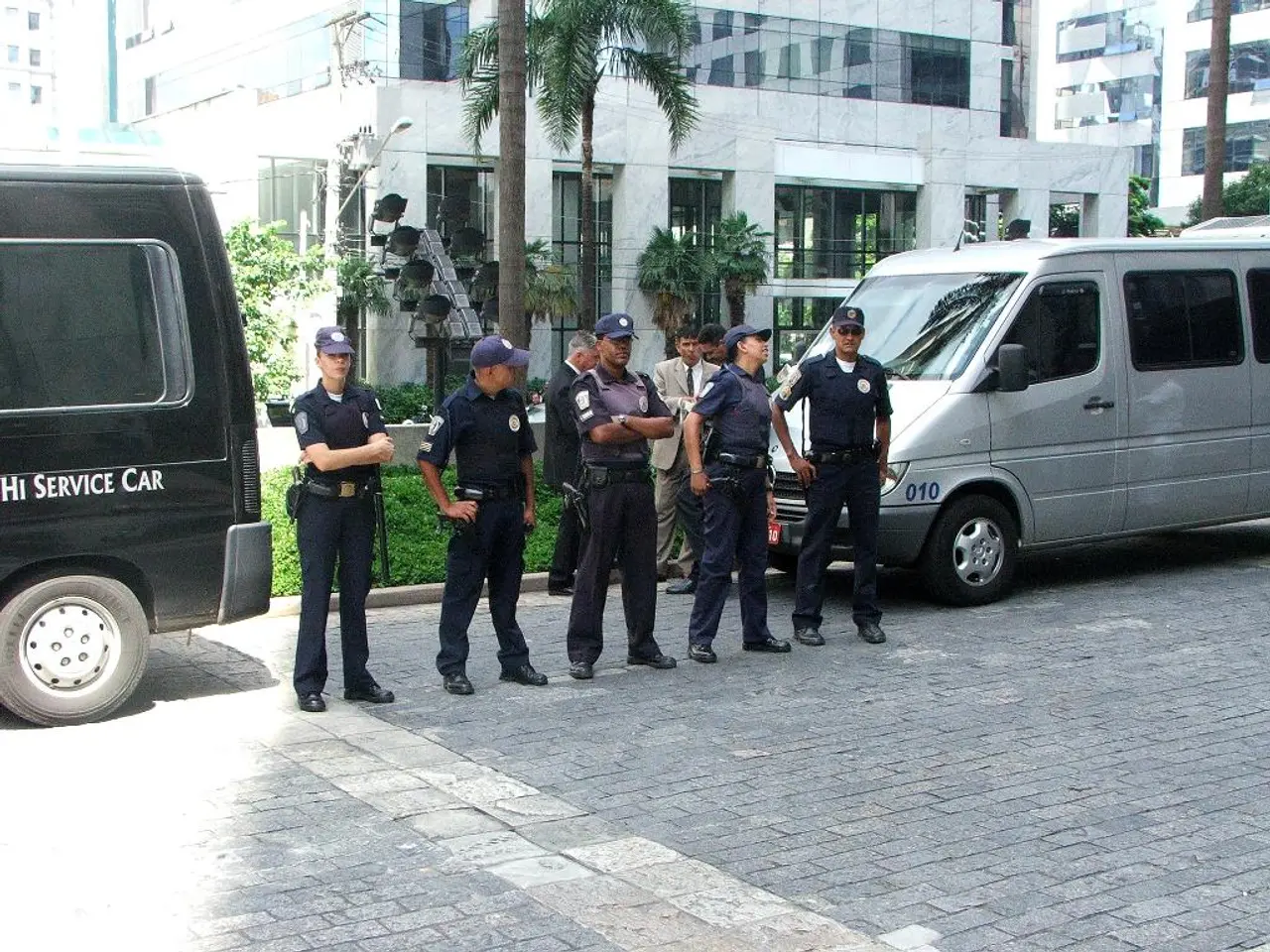Deputy Prime Minister of Romania steps down amid accusations of bribery.
Romania's Deputy Prime Minister, Dragoș Anastasiu, resigned in July 2025 following allegations that his company, Eurolines, paid bribes to a Romanian tax inspector for eight years. This scandal has raised concerns about the ongoing reform process in Romania, as Anastasiu was a key figure in the government's efforts to optimize the state apparatus and reduce public expenditures.
According to reports, Eurolines paid €2,000 monthly bribes disguised as consultancy fees to Georgeta Angela Burlacu, a tax inspector from Romania's tax agency ANAF, from 2009 to 2017. Anastasiu admitted to authorizing these payments under duress in court, describing them as a form of institutional extortion. Burlacu was convicted and sentenced to over five years in prison in 2023.
Anastasiu's resignation has highlighted the challenges of implementing meaningful anti-corruption measures amid entrenched practices, diminished public trust in political institutions, and the ethical standards expected of senior officials. The affair has intensified calls for greater transparency and strengthened governance to rebuild confidence in the Romanian government and its reform process.
USR President Dominic Fritz praised Anastasiu's resignation as an act of normality, dignity, and accountability, strengthening the government's ongoing reforms. Anastasiu encouraged business organizations to continue assisting the state in its self-reform process, and he differentiated between "survival bribes" and "enrichment bribes", with the former being paid to keep businesses going, not for personal gain.
The photo source for this article is Dragos Anastasiu's Facebook page. The reform pillars include tax fraud, Romania's image, human resources, simplification, digitization, and administrative-territorial reform. Important steps have been made in preparing a broad reform package, across seven pillars, under Anastasiu's leadership. However, the corruption case and Anastasiu's resignation have destabilized the current government coalition and placed additional pressure on Romania’s ongoing anti-corruption and reform efforts.
[1] Agerpres, "Anastasiu: Reforma este în curs și măsuri dure vor veni împotriva privilegiilor și clientelismului." (2025, July 1) [2] Romania-Insider, "Deputy Prime Minister Anastasiu Resigns over Corruption Scandal." (2025, July 27) [3] Balkan Insight, "Anastasiu's Resignation Raises Concerns about Romania's Reform Process." (2025, August 3) [4] CNN, "Romanian Deputy Prime Minister Resigns Amid Corruption Scandal." (2025, July 27)
In light of the corruption scandal involving Deputy Prime Minister Dragoș Anastasiu and his company Eurolines, there has been a heightened focus on the need for greater transparency and strengthened governance in Romania's political institutions. This incident has further intensified public debates on the ongoing reform process and the challenges of implementing meaningful anti-corruption measures.
USR President Dominic Fritz's praise of Anastasiu's resignation as an act of accountability adds to the growing pressure on Romania's government to address the corruption issue head-on and rebuild trust amongst its citizens.








